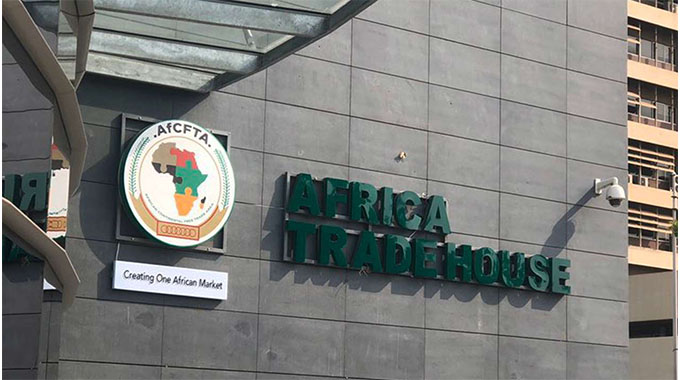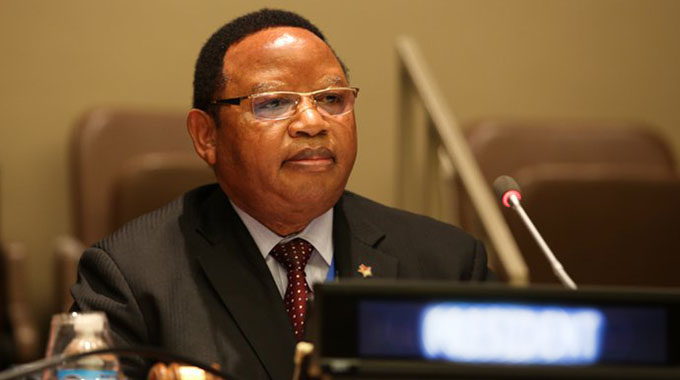Zimbabwe submits tariff offers to AfCFTA

Business Editor
ZIMBABWE has submitted its tariff offers under the African Continental Free Trade Agreement (AfCFTA) and now awaits technical verification by the secretariat, Foreign Affairs and International Trade Minister, Dr Frederick Shava, said yesterday.
Once verified, the country will then prepare the necessary legislation to start trading under the historic agreement.

Foreign Affairs and International Trade Minister, Dr Frederick Shava
Addressing delegates to the hybrid 2022 ZimTrade Annual Exporters Conference he said while trade negotiations under the AfCFTA are being finalised, local producers should start positioning themselves for this wider regional market.
“In this regard, exporters should now focus on diversifying their exports into non-traditional African markets,” said Dr Shava who could not give much detail about the submitted tariff offers.
“This agreement will connect us with new markets, which we have not been traditionally exporting to.
“I am here talking about countries in the East African Community (EAC), Arab Maghreb Union (AMU), Economic Community of Central African States (ECCAS), Inter-Governmental Authority on Development (IGAD), Economic Community of West African States (ECOWAS) and Community of the Sahel-Saharan States (CEN-SAD), among others.”
The AfCFTA came into force in January last year and Zimbabwe is among the first countries that embraced the deal, which is expected to be a driver of local production across the continent.
“We should not lose sight of the fact that it will also open our market to more competition. I would like, therefore, to encourage local industries to invest in technology and lean manufacturing to improve competitiveness and boost exports to the international market,” added Dr Shava.
As such, he said the Government, through the National Development Strategy (NDS1), is in the process of developing a number of value chains, which include leather, cotton and fertilisers.

National Development Strategy 1 (NDS1)
Once fully developed, he said these value chains will position Zimbabwe as a global powerhouse in the export of high value manufactured products on the international market.
In line with the National Trade Policy, which seeks to transform Zimbabwe from an exporter of raw commodities and semi-processed products, to an exporter of internationally competitive high value products, Dr Shava challenged local producers to diversify from commodities into high value products in order to make it on the export front.
He said Government will continue to play its facilitatory role with the ministry already working on opening new frontiers within the Gulf States and Asia, while at the same time strengthening ties with the rest of the international community.











Comments